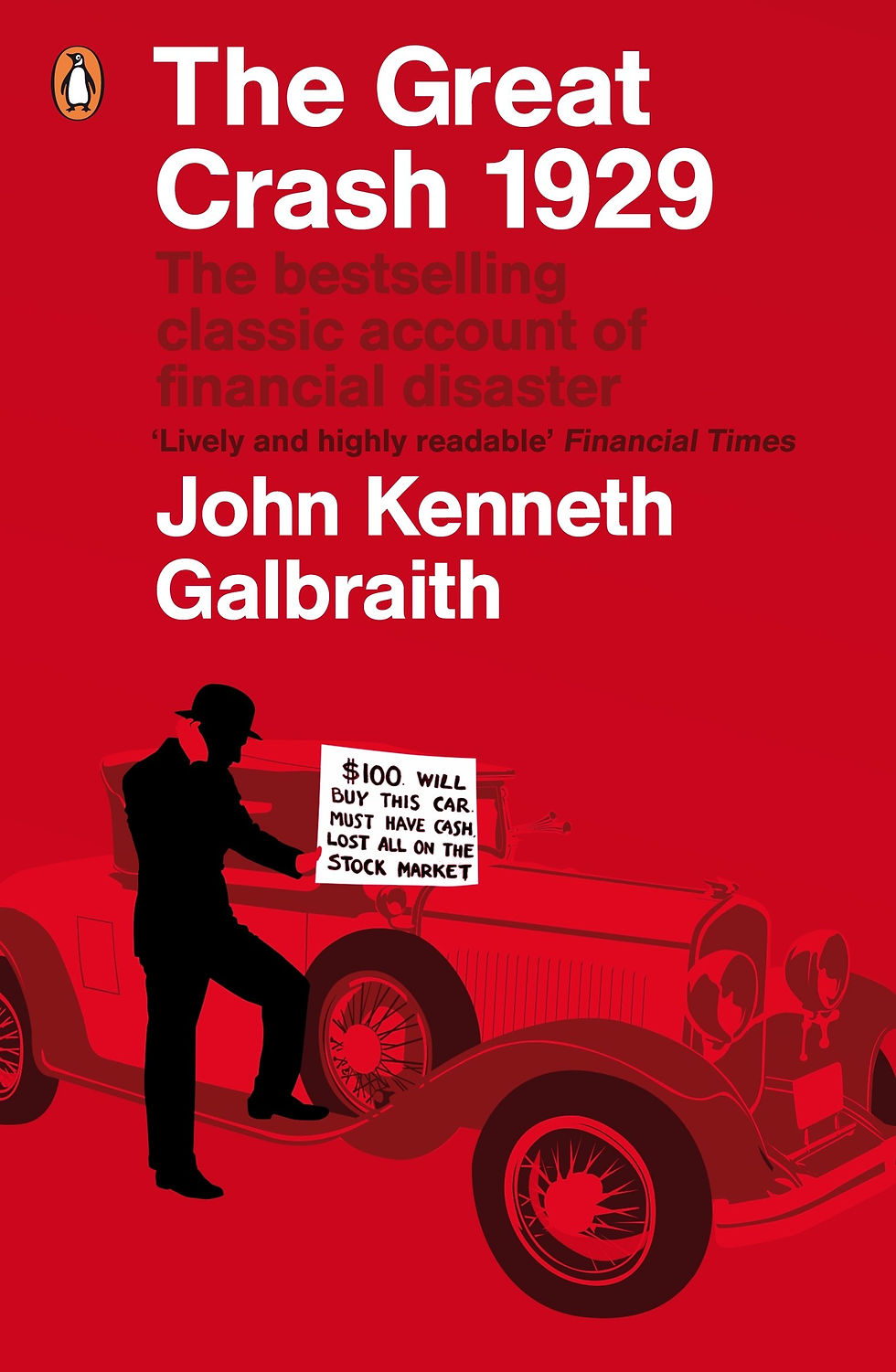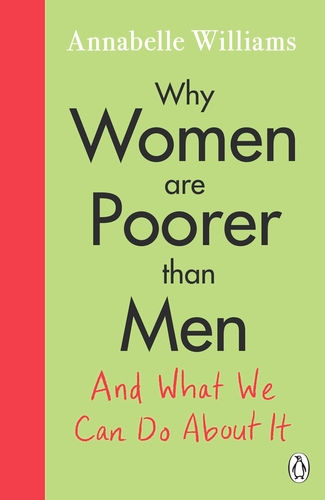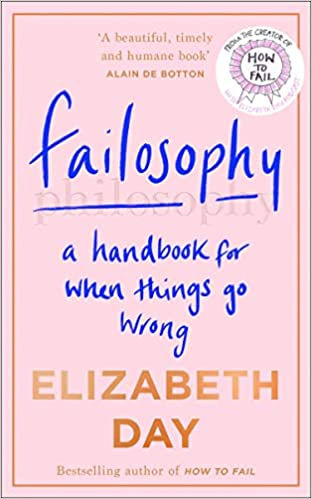- tatianagari
- Mar 1, 2023
- 4 min read
February Issue 2023
Billion Dollar Whale: The Man Who Fooled Wall Street, Hollywood, and the World by Tom Wright

As I approach the beginning of my investment banking career I have become increasingly intrigued with how banks have been blind time and time again to acts of fraud, acts so incredibly large like those done by Jho Low in Asia and the US where he was essentially moving billions and billions of dollars around without being caught. In search for answers I stumbled upon this jaw dropping book. Tom Wright tells the story of how Harrow and Wharton Business School graduate Jho Low managed to fool the world through his extravagant and incessant spending sprees whilst building an empire for himself by moving billions from fake offshore accounts through banks such as Goldman Sachs and into what was supposed to be a Malaysian government Trust 1MBD. This real life story of this Malaysian man whose main focus was to make connections and climb the social ladder provides incredible insights not only into the banking system and the flaws that corrupt it, but it also shows how anything is possible when you have the right connections by your side.
End This Depression Now by Paul Krugman

Paul Krugman analyzes different depression throughout history and analyzes the reasons why we ended in those situations, what we can learn from them and what we can avoid when we approach the next one to hedge us from the same fate we have lived so many times before. A very interesting insight he provides is how expansionary policies, though rare in combating depressions, are a better alternative to the infamous austerity measures that we like to implement when faced with increasing inflation, unemployment and lower output. Through the examination of crisis such as the Euro crisis post the great financial crisis we can begin to understand why countries such as Spain have remained with high unemployment rates, rates which do not seem to be dropping to pre-crisis levels anytime soon. Further, he talks about very relevant topics such as why common currencies (such as the Euro) pose a threat to global economies mainly because of their inability to hedge against economic shocks through devaluation of currencies (which would absorb the shocks), something that with a common currency cannot happen because we cannot depreciate currencies within the union.
Free Will by Sam Harris

Sam Harris delves into the idea that us as human beings have no free will. Every conscious action or thought stems from the unconscious part of our brain which is determined by our biology, chance and our previous experiences (amongst other factors) and thus nothing that we do is actually our decision but rather a reaction to previous actions. He digs into deep topics such as the justice system and how it is essentially flawed because there is no ‘correct’ or ‘just’ way to judge someone when their actions are not actually theirs. For example, someone who has a tumor in their brain affecting their emotional response to their environment kills someone. To what extent is this person guilty, they are prisoners of their own biology, their tumor was suppressing the part of their brain that registers emotions and that allows us to respond to them in a natural and healthy manner.
Why do we judge children differently from adults when the same action is committed? How can we judge people who commit crimes when in the case that we were them? Having lived their same experiences, having the same brain processes, feeling the same, we would have done the same, because all we are are reactions to our nature and nurture. The analysis of the human brain through statistical evidence, scientific studies and extremely thought provoking questions allows us to understand the human species a little better and to internalize the fact that there is more to humans that what we see.
The Authority Gap: Why Women Are still Taken Less Seriously Than Men and What Can We Do About It by Mary Ann Sieghart

Much like Why Women Are Poorer than Men (a similar book I read last month), The Authority Gap looks to understand why women have always been ‘neglected’ in many areas in life such as socially, politically, economically… Did you know that girls do better across all subjects in schools than boys (except for physics)? Did you also know that because this behavior/notion has been engraved in women’s brains for so long that women tend to undermine their IQ (whilst men tend to overestimate theirs)? Did you know that CVs with female names tend to get tossed more than those with male names? Or that recruiters are more prone to believe that the CV with the female name is less equipped than the CV with the male name, even when they are identical? Or that women in class get less attention and encouragement from teachers than men? Or perhaps you didn’t know that books written by women were priced, on average, 45% lower than those written by men. Sieghart conveys through her book a rather frightening abundance of evidence for which women are undermined in our society through, including but not limited to, the use of studies conducted globally as well as interviews with influential women such as Christine Lagarde or Hillary Clinton. In addition, it provides a framework for women to understand and recognize those instances in our daily lives where we are being mistreated or where we are subject to our own unconscious bias, and learn to ‘fight back’ or rather take a stance and act towards our better, collective, future.
Books I've been recommended this month:
Flash Boys by Michael Lewis
The Age of Turbulence: Adventures In a New World by Alan Greenspan
Misbehaving: The Making of Behavioral Economics by Richard H. Thaler









